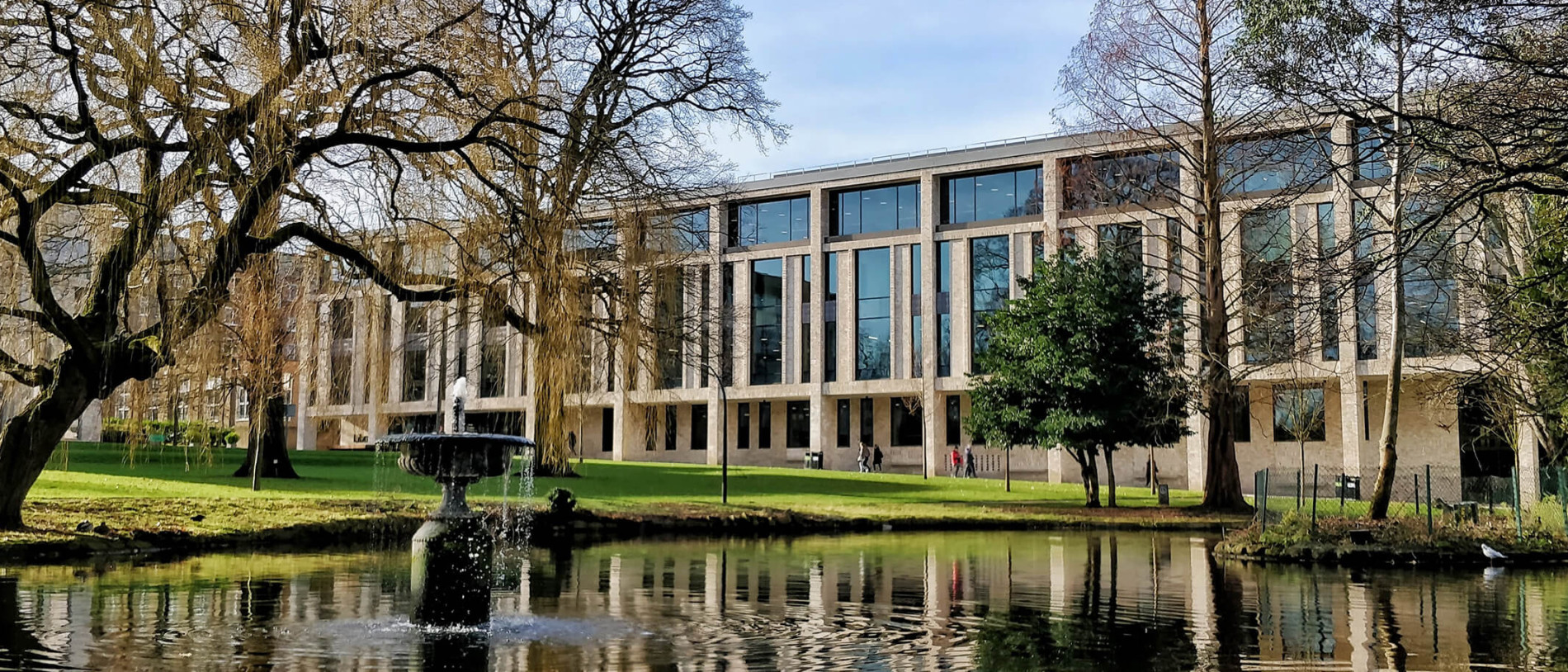

University of Roehampton
Music Therapy
Study detals
: Postgraduate : MA : full-time : 2 years (full-time) 3 years (part-time) MonthRequirements
Please read the "Your application" tab on this page prior to completing and submitting your application, as it contains important information on what to include.
Applicants will normally be required to hold an honours degree, usually in music. Other clinically related disciplines such as psychology, teaching, nursing, or social work, and graduate level professional qualifications in appropriate disciplines such as the performing arts, Occupational Therapy and Social Work are also considered where music skills are demonstrably sufficient.
Applicants need to evidence that they can meet the academic demands of a Masters degree and will be required to prepare and submit a written personal statement to support their application.
A professional standard of proficiency on an instrument (including voice).
Keyboard/piano skills of approximately grade 5 (where piano is not the preferred instrument) or equivalent ability on another harmony instrument, and confidence with voice. The potential to use musical skills in professional Music Therapy practice and the ability to communicate musically.
It is expected that applicants will have extensive experience either having worked professionally or having practiced extensively within their specific arts modality.
An understanding of the nature of music therapy as a distinctive discipline (in particular as practised in the UK).
Applicants should demonstrate a maturity of personality and self-awareness compatible with training as a therapist. Applicants need an appropriate degree of psychological mindfulness including the capacity to form and maintain appropriate empathic relationships with clients. They should also demonstrate emotional literacy, robustness and an ability to be self-reflective. This is addressed through a combination of assessments, including a health screening form, searching questions at interview related to different parts of the training course and experiential work at interview/audition.
Applicants will be expected to have appropriate clinical experience of having worked within a setting and with clients relevant to the programme. This might include working with children, adults or older adults in the areas of learning disabilities, mental health, hospice care, dementia care, neuro-disability, homelessness etc (this is not an exhaustive list). This work can be undertaken either on a voluntary or employed basis.
An International English Language Testing System (IELTS) score of at least 7 with no element below 6.5 for applicants for whom English is not their first language.
Applicants will be required to supply the names of two referees, normally one of these should be able to comment on the applicant’s academic suitability and the other the applicant’s clinical suitability for the programme. References are always taken up prior to offering a place.
In addition to these requirements, all students must be prepared to enter mandatory individual personal therapy. Payment for therapy is separate to course fees.
All successful applicants will need to complete an enhanced Disclosure and Barring Service (DBS) check. Payment for this is separate to the course fees.
We also offer 20 week evening foundation courses which provide a broad oultine and introduction in the arts and play therapies.
IELTS - Postgraduat degrees – 6.5 overall with a minimum 5.5 in each component
TOEFL - Postgraduate degrees - 89 overall with a minimum of 17 in listening and writing, 18 in reading and 20 in speaking
Speciality
Additional information
Music therapists draw on the innate qualities of music in order to support people of all ages and at all stages of life who are facing diverse challenges.
Music therapy facilitates positive changes in wellbeing through engagement in musical interaction.
Essential to music therapy is the relationship between client and therapist. At Roehampton we have chosen to base our Music Therapy training programme on the use of psychoanalytic ideas to inform our understanding of the therapy process and the ways the person in therapy uses the environment, the therapist and the music.
Supporting theories and ways of working are also studied in order to equip students to meet a range of clinical needs, including an infant observation which assists students in developing their observation and analysis skills.